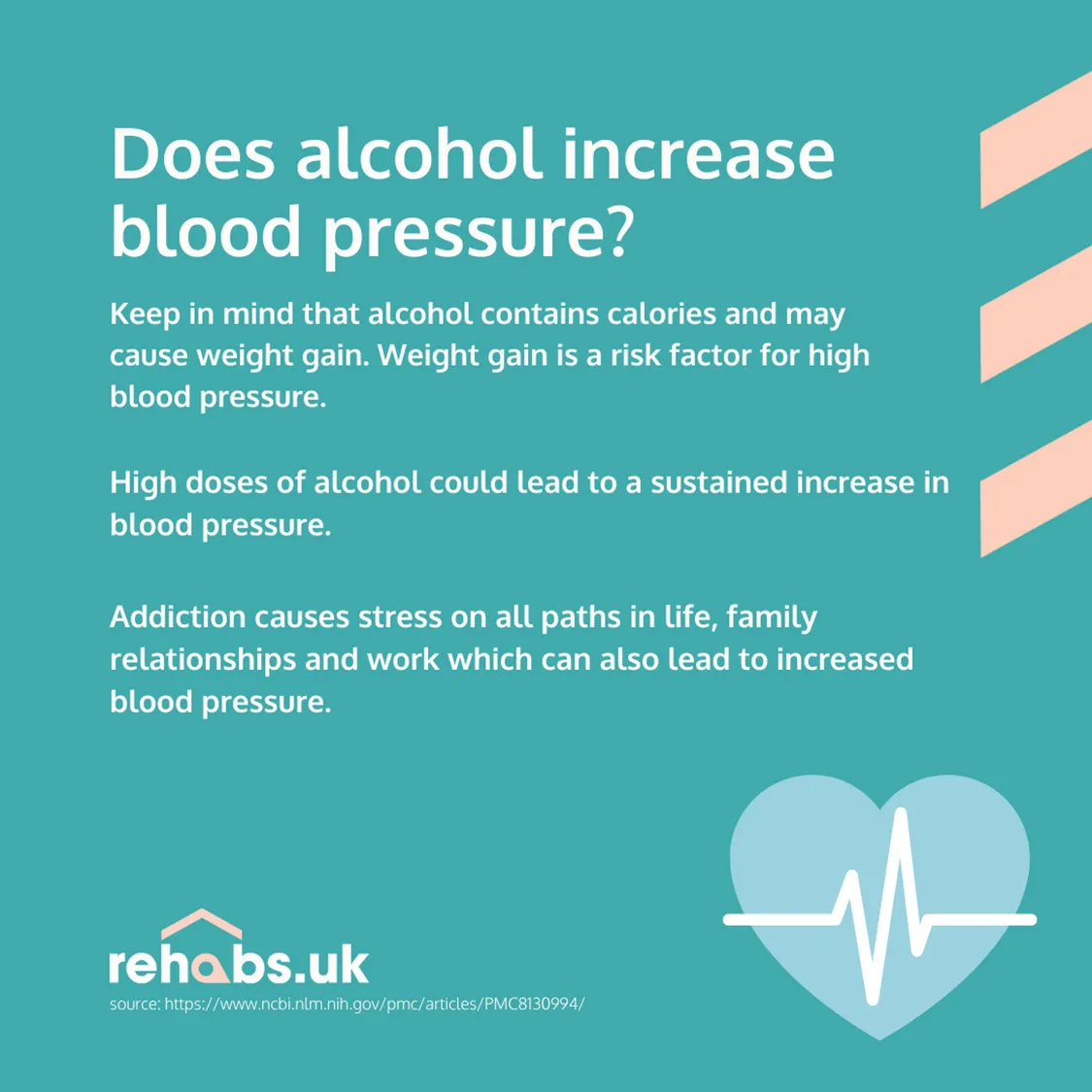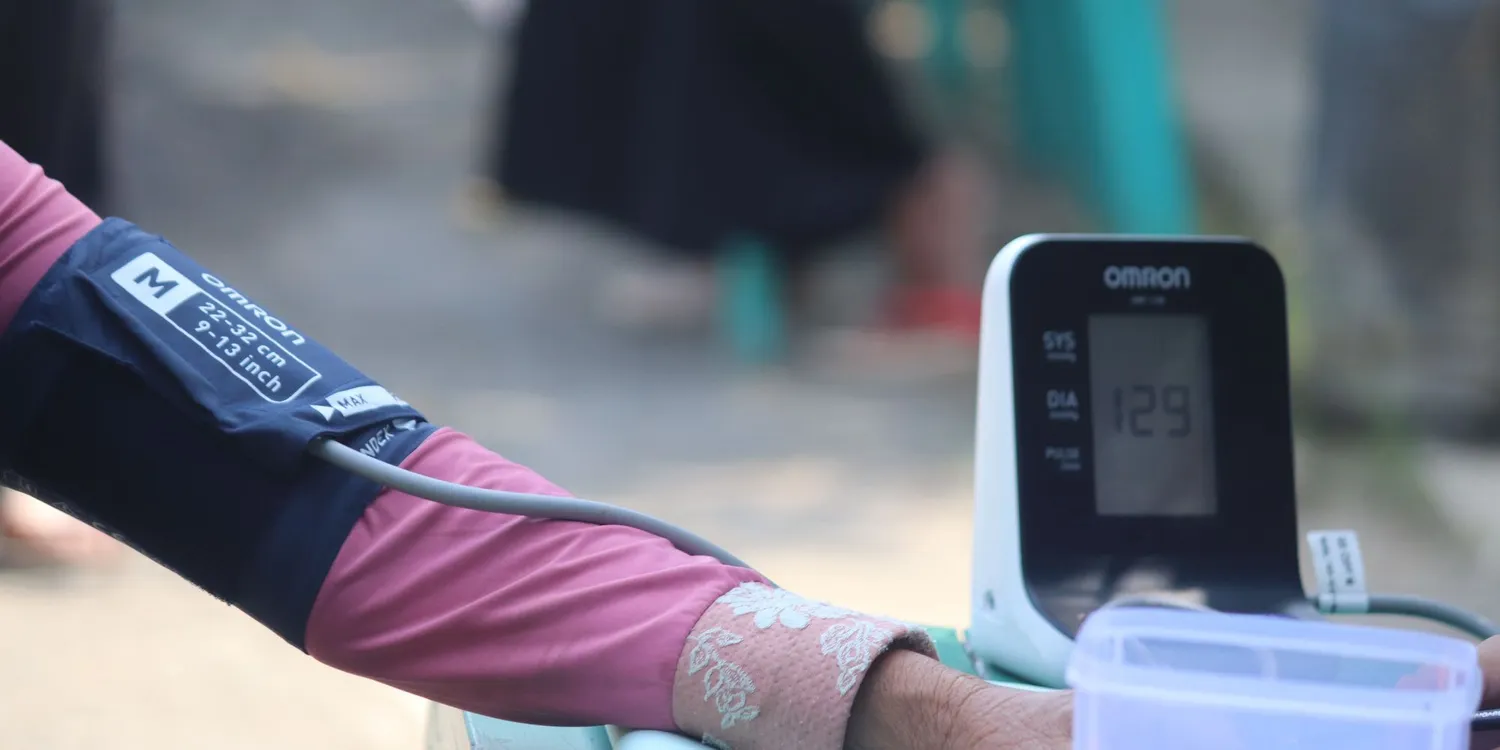07 Jun 2023
How Alcohol Affects Blood Pressure
Alcohol is a widely consumed substance that can have various effects on our bodies, including our blood pressure. Understanding the relationship between alcohol and blood pressure is crucial for maintaining good health. It may be important to define the levels of excessive drinking. According to Mayo Clinic:
- Binge drinking is defined as four or more drinks within two hours for women and five or more drinks within two hours for men.
- Moderate drinking is up to one drink a day for women, two for men.
- Heavy alcohol use is defined as more than three drinks a day for women, four for men. Let's delve into how alcohol affects blood pressure and the potential risks involved.
How Can Alcohol Cause High Blood Pressure?
Excessive alcohol consumption has been linked to high blood pressure, also known as hypertension. Regular and heavy drinking can lead to an increase in blood pressure levels over time. Alcohol acts as a vasodilator, meaning it relaxes the blood vessels and widens them. This expansion of blood vessels can cause an increase in blood flow and subsequent elevation in blood pressure. Additionally, alcohol consumption can stimulate the release of stress hormones, such as adrenaline, which can further elevate blood pressure.
Can Alcohol Cause Low Blood Pressure?
While alcohol is commonly associated with high blood pressure, it can also have the opposite effect and cause low blood pressure, also known as hypotension. Alcohol acts as a depressant on the central nervous system and can slow down heart rate and blood pressure. In some cases, excessive alcohol consumption can lead to a sudden drop in blood pressure, resulting in dizziness, fainting, and even shock.
How Much Alcohol is Needed to Affect Your Blood Pressure
The amount of alcohol required to affect blood pressure can vary from person to person. Factors such as age, overall health, genetics, and individual tolerance levels all play a role. However, it's important to note that even moderate alcohol consumption can have an impact on blood pressure. The Centers for Disease Control and Prevention (CDC) recommends that men should limit their alcohol intake to no more than two standard drinks per day, while women should limit it to one standard drink per day.
For low doses of alcohol, we found that one glass of alcohol had little to no effect on blood pressure and increased heart rate within six hours of drinking.
We are moderately certain that medium‐dose alcohol decreased blood pressure and increased heart rate within six hours of consumption. We did not see any significant change in blood pressure or heart rate after that, but the evidence was limited.
We are also moderately certain that high‐dose alcohol decreased blood pressure within six hours, and the effect lasted up to 12 hours. After that, blood pressure was found to be increased. Heart rate increased significantly after alcohol consumption and remained increased at all times measured.
Thus alcohol decreases blood pressure initially (up to 12 hours after ingestion) and increases blood pressure after that. Alcohol consistently increases heart rate at all times within 24 hours of consumption.

Who is Most at Risk from Alcohol Affecting Their Blood Pressure
Certain individuals may be more susceptible to the effects of alcohol on blood pressure. Those who have a history of high blood pressure, are already taking medication to manage hypertension, or have other underlying health conditions should be particularly cautious. Additionally, people who engage in heavy drinking or binge drinking are at a higher risk of experiencing adverse effects on their blood pressure.
What are the Signs of Alcohol Affecting Your Blood Pressure
Recognising the signs that alcohol is affecting your blood pressure is crucial for maintaining your health and seeking appropriate medical attention if needed. Some common signs include:
- Headaches: Frequent or persistent headaches, particularly after alcohol consumption, may be an indication of high blood pressure.
- Dizziness or light-headedness: Feeling dizzy or lightheaded can be a sign of both high and low blood pressure.
- Flushed or red face: Alcohol can cause the blood vessels in your face to dilate, resulting in a flushed appearance.
- Fatigue or weakness: Changes in blood pressure can lead to feelings of fatigue or weakness.
- Rapid heartbeat: Alcohol consumption can temporarily increase heart rate, which may be noticeable.
If you experience any of these symptoms, it is important to consult a healthcare professional for a proper diagnosis and guidance.
Are You or a Loved One Struggling with Alcohol Addiction?
While moderate alcohol consumption can be enjoyed responsibly, excessive drinking can lead to addiction and severe health consequences. If you or a loved one is struggling with alcohol addiction, it is essential to seek help and support. Various resources are available, including support groups, counselling services, and treatment programmes. Don't hesitate to reach out to our healthcare professionals to start the journey towards recovery.
